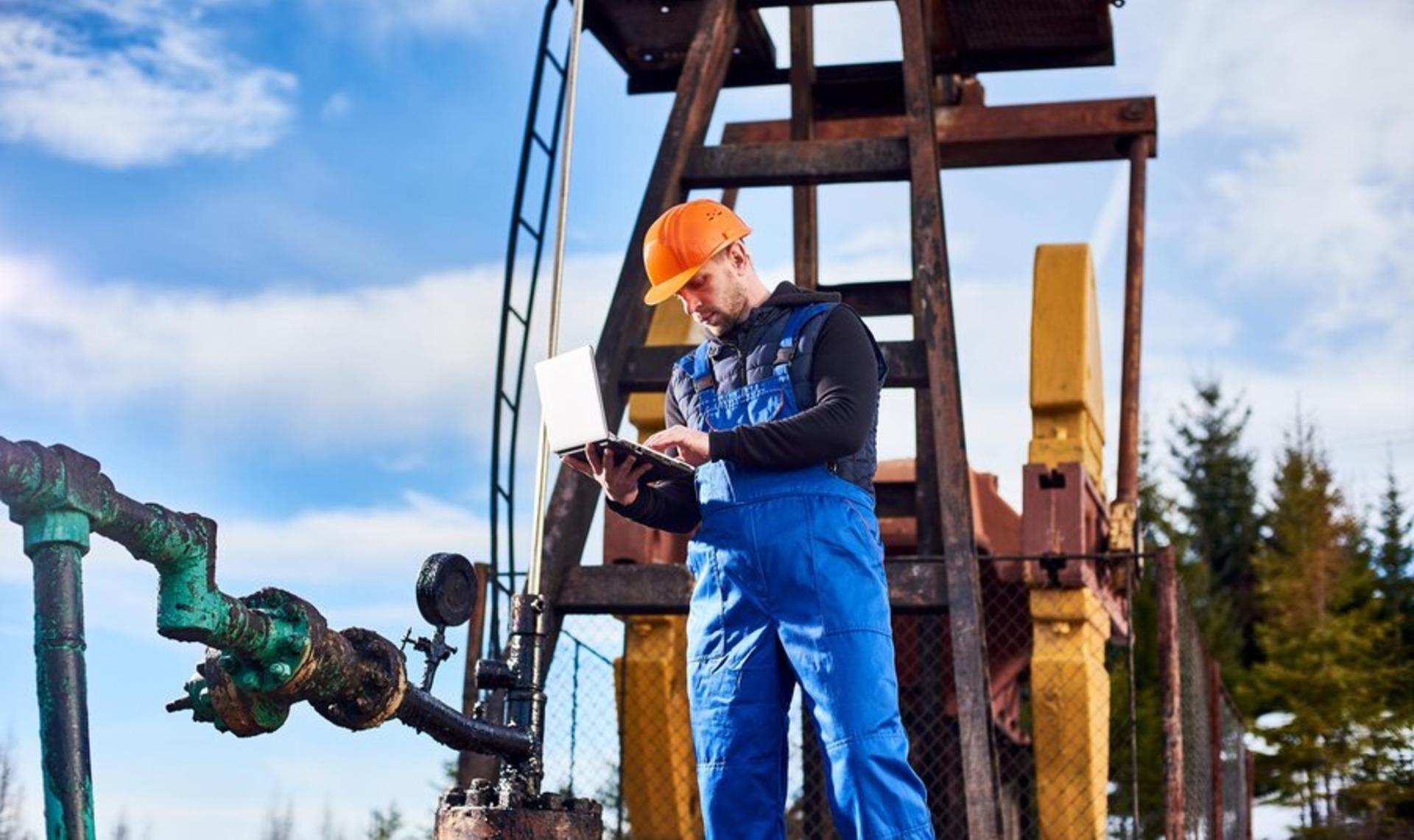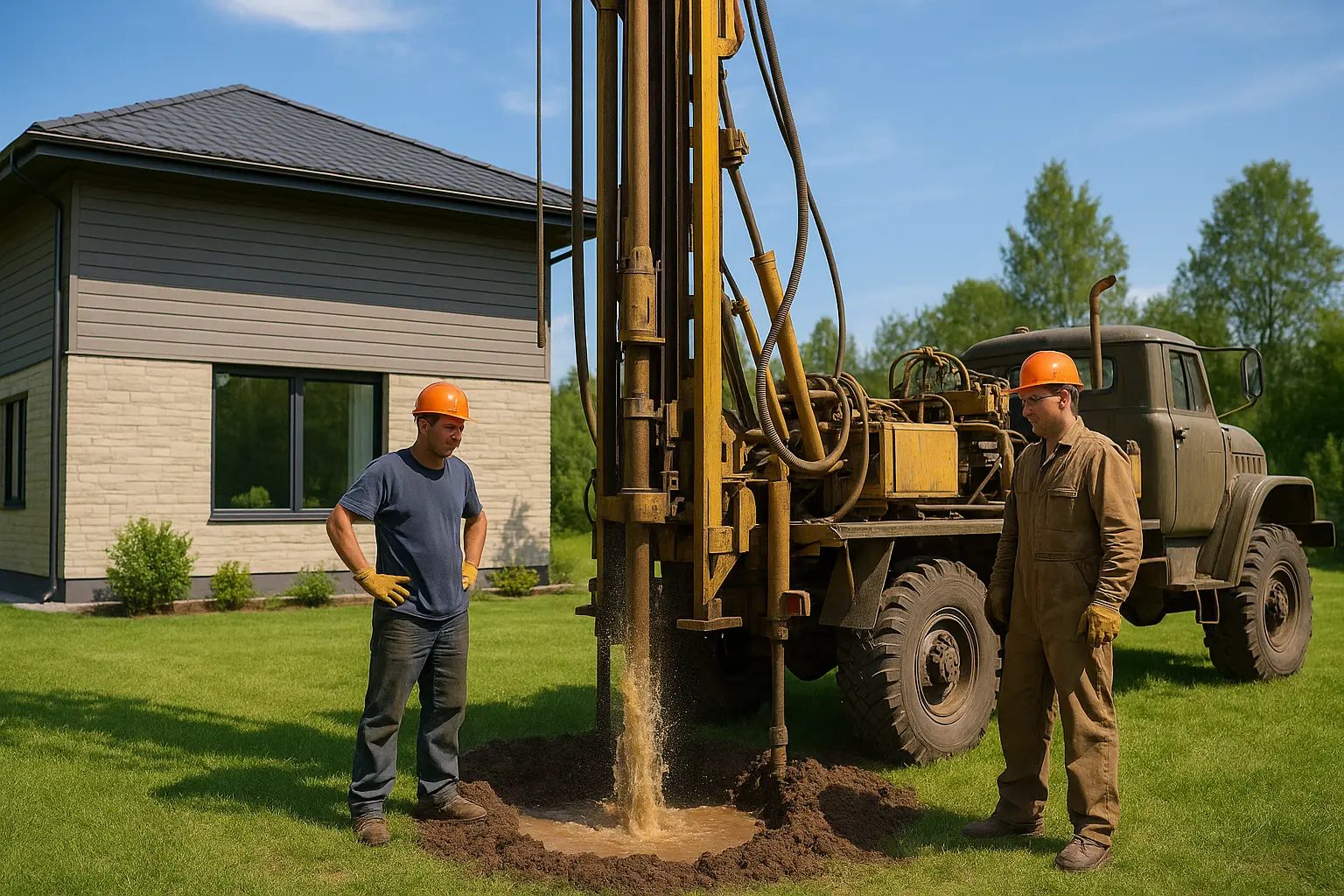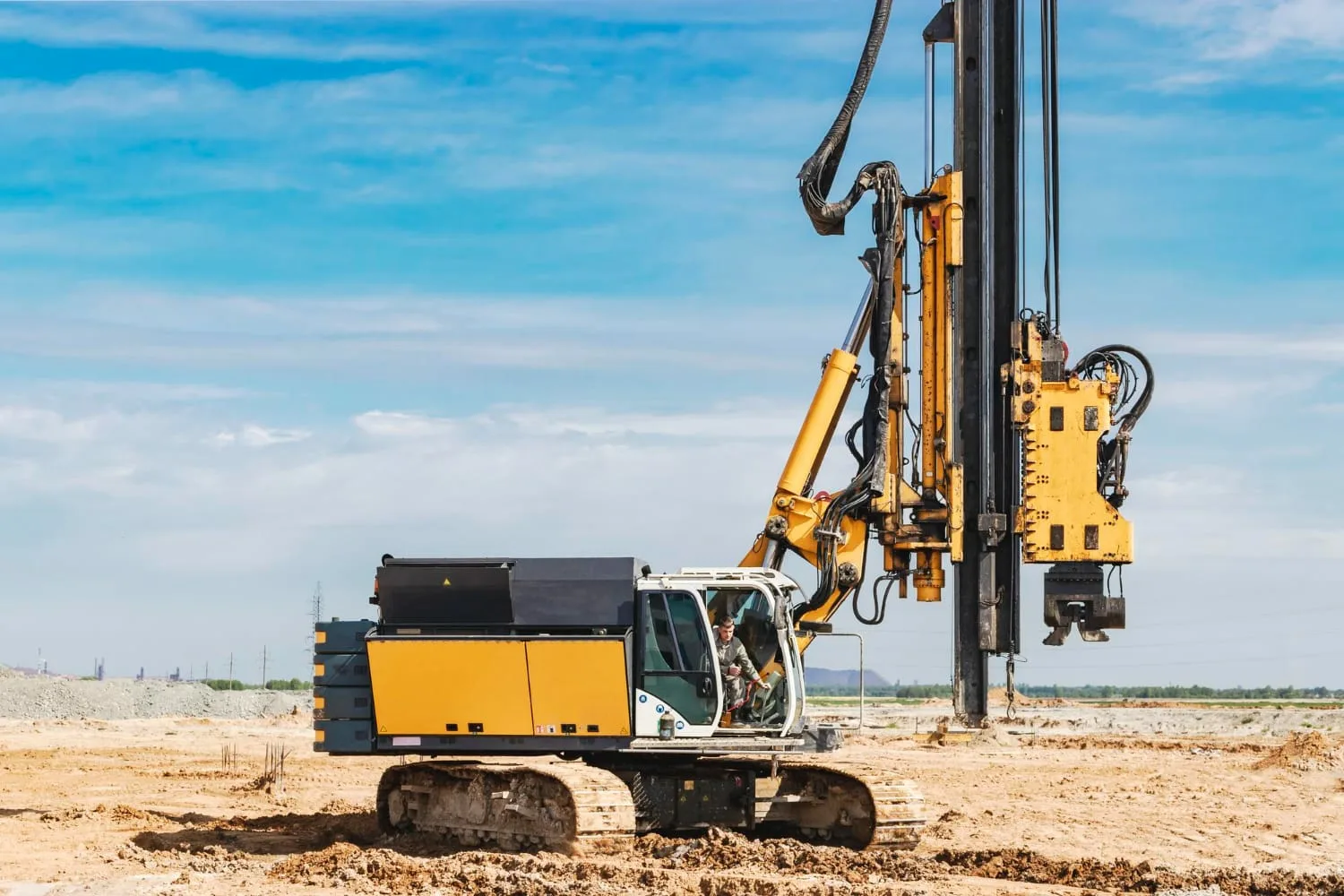
by Chanachai Witwong
11.03.2025
Understanding Residential Well Drilling: What to Expect
Access to a reliable water supply is a fundamental necessity for any home, especially in rural areas lacking municipal services. Residential well drilling offers a primary, sustainable option. Understanding this process is crucial for informed decisions about your property's water infrastructure.
Drilling a private well establishes a long-term, self-sufficient system, enhancing property value and quality of life. It provides independence from public water grids, offering a consistent supply, often superior in taste and purity. This autonomy brings peace of mind and operational flexibility.
A well drilling project requires careful consideration and understanding. From site assessment and geological surveys to drilling techniques and pump installation, each phase demands specific expertise and adherence to local regulations. Proper planning minimizes challenges, ensuring a successful outcome for your water source.
Choosing the right professionals is paramount. Experienced well drillers navigate complex geology, identify optimal water zones, and implement appropriate methods. Their guidance is invaluable for assessing potential yields, ensuring the longevity and efficiency of your new water system. ArchiMorphlyxe provides such expert services.
ArchiMorphlyxe understands the significance of a dependable water source for residential properties. Homeowners seek a complete, functional system that reliably meets daily needs. Our approach delivers comprehensive solutions, ensuring every aspect of your well project is handled with precision and care.
This guide aims to demystify residential well drilling, providing homeowners a clear roadmap of what to expect. We cover key stages, considerations, and common questions, equipping you with knowledge to confidently approach this important home improvement. A well-informed client is always better prepared.
Key Applications and Considerations
- Rural Homesteads: Ideal for properties beyond municipal water access. Offers a consistent, high-quality water supply, reducing monthly utility outlays. Initial setup costs can be substantial.
- Agricultural Use: Provides dedicated water for irrigation and livestock, enhancing operational autonomy. Ensures water security during dry periods, though water quality monitoring is essential.
- Emergency Preparedness: A private well serves as a resilient water source during public utility disruptions. Offers unparalleled self-sufficiency, but requires regular maintenance and power for pumps.
Expert Perspectives on Well Drilling
Experts highlight the critical role of geological surveys in well drilling. Geohydrologists emphasize understanding subsurface conditions like aquifer depth and rock formations. This initial assessment prevents costly errors, ensuring long-term well viability and minimizing future operational issues.
Professionals agree on the importance of proper well construction and casing. A well-designed casing prevents contamination and stabilizes the borehole, protecting the water source. Disagreements arise over casing materials, balancing initial outlay with durability and environmental conditions.
Pump selection and sizing is a key discussion point. While efficiency is a universal goal, some experts advocate variable speed pumps for energy savings and consistent pressure. Others argue traditional constant speed pumps offer simpler maintenance and lower upfront costs for certain applications.
Water quality testing is universally recommended, though frequency and scope vary. Some specialists suggest annual comprehensive testing, while others advise more frequent checks for specific contaminants based on local activities. Ensuring potable water requires ongoing vigilance and appropriate filtration systems.
The longevity of a residential well system is often debated. While a properly constructed well can last for decades, its lifespan is influenced by maintenance, usage, and geological stability. ArchiMorphlyxe stresses that regular inspections and timely repairs are crucial for extending the system's operational life and ensuring continuous water access.
Final Observations and Recommendations
Residential well drilling is a significant undertaking, offering profound benefits like water independence and enhanced property value. While complex, a clear understanding and careful selection of experienced professionals can simplify the journey.
We recommend homeowners prioritize thorough site assessments, engage with reputable drilling services, and commit to regular well system maintenance. This proactive approach ensures a reliable, safe, and sustainable water supply for years, securing a vital property resource.


